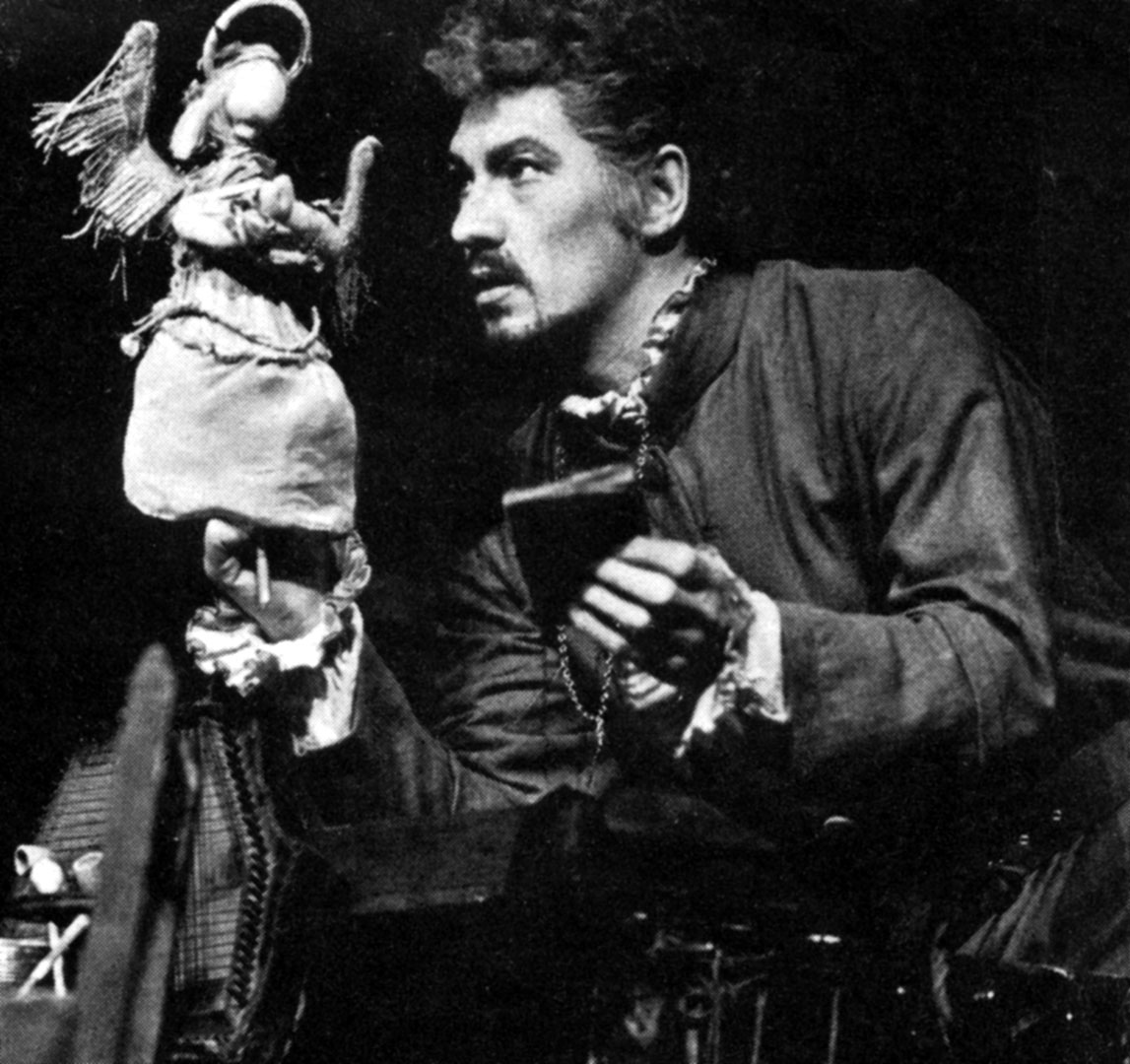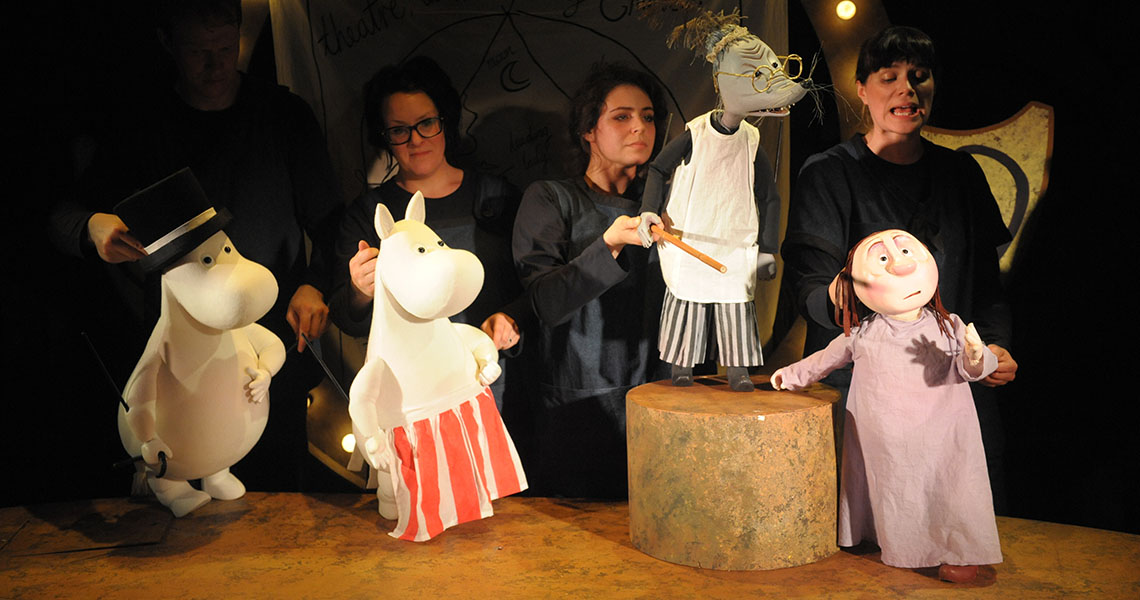In a much-celebrated essay on King Lear, Stephen Greenblatt writes about theatrical costumes:
During the Reformation Catholic clerical garments – the copes and albs and amices and stoles that were the glories of medieval textile crafts – were sold to the players. An actor in a history play taking the part of an English bishop could conceivably have worn the actual robes of the character he was representing. Far more than thrift is involved here. The transmigration of a single ecclesiastical cloak from the vestry to the wardrobe may stand as an emblem of the more complex and elusive institutional exchanges that are my subject: a sacred sign, designed to be displayed before a crowd of men and women, is emptied, made negotiable, traded from one institution to another. Such exchanges are rarely so tangible; they are not usually registered in inventories, not often sealed with a cash payment. Nonetheless they occur constantly, for through institutional negotiation and exchange differentiated expressive systems, distinct cultural discourses, are fashioned.
What happens when the piece of cloth is passed from the Church to the playhouse? A consecrated object is reclassified, assigned a cash value, transferred from a sacred to a profane setting, deemed suitable for the stage. The theater company is willing to pay for the object not because it contributes to naturalistic representation but because it still bears a symbolic value, however attenuated. On the bare Elizabethan stage costumes were particularly important – companies were willing to pay more for a good costume than for a good play – and that importance in turn reflected the culture’s fetishistic obsession with clothes as a mark of status and degree.
The coronation of Queen Elizabeth II was a genuinely sacral occasion; the coronation of her son will be a theatrical one. The regalia of sacred Christian kingship has been sold to the players — because they, and their international television audience, are the only ones interested.
But perhaps, through the scrim of spectacle and costume, some observers will catch a glimpse of what the whole business once meant, a brief vision of something I’ve written about occasionally here: the deep human longing for a righteous anointed King.
P.S. This “deep human longing for a righteous anointed King” is central to my argument for anarchism. But an explanation of that will have to wait for another day.
P.P.S. After the ceremony: Some of my English friends are telling me that I was too cynical in the above. I hereby repent.


